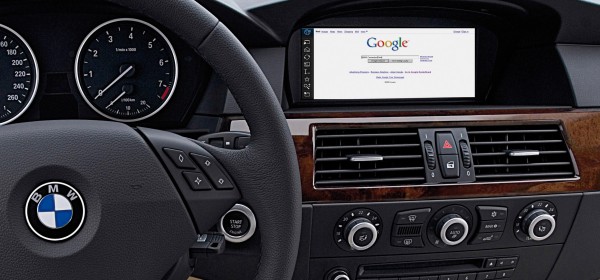There are very few things in life (if any) as liberating and rewarding as travelling. At the risk of whipping out an old cliché, it is indeed not exclusively about the destination itself, but about the journey there too. There are so many dynamics around travelling which all come together to make for an unforgettable experience. From the first time the idea to visit a specific destination pops into your mind right up to making your final payment to book your departure ticket.
For those of us whose travel lifestyle has us taking our work along with us however, staying connected is perhaps just as important as every other aspect of the trip. This is especially true in the case of those of us whose ability to afford our travels is largely dependent on being able to connect to the internet on-the-go and therefore generate money in that way. Whether you’re a freelance writer, a blogger, a graphics designer, a developer, web designer, etc, you only really realise just how important your ability to connect to the internet is when you’re on the road. You probably have to submit the work you complete, but staying connected perhaps has greater importance to your ability to continuously do your research, collaborate with whoever you’re working with/for, or even perhaps to access some cloud-based utilities and tools platforms with which to complete your work.
Ordinarily you wouldn’t really have to worry about connecting securely in such instances because information you’re sending, like perhaps a niche-specific blog post or a set of project-specific statistics, has no use to anyone who’d otherwise be able to intercept it. It’s when you use the internet to connect to personal data-sensitive platforms that you have to start considering how safe your connection is — platforms such as your personal email, even if it’s a public email service like Gmail, Yahoo, or Hotmail, etc. Facilitating your banking and money-transfer needs online is the biggest area of concern however which requires your vigilance. You don’t want to give anybody with sinister intentions any opportunity to catch wind of your sensitive online banking data, which is a very real risk associated with connecting to the internet while on the road.
Use Third-Party Encryption Security Software
The primary method through which you can expect to connect when out travelling is via Wi-Fi, a connection method which can particularly be vulnerable to interceptions and the associated consequences. A hacker who is not all that sophisticated can easily station an eavesdropping device between your device (laptop, Mac Book, etc) and the Wi-Fi hotspot, effectively giving them the power to view your user inputs like your username and password in plain text. In this case third-party encryption software is enough to protect your data from being phished, but be sure to only use such software from a trusted developer, like perhaps the built-in encryption function of your existing anti-virus software.
General vigilance also needs to be exercised when connecting on the move. When dealing with money-related matters, extra caution is needed, even when you’re engaging in a bit of online leisure (like playing bingo or poker online) to take a breather from your work. Otherwise you could protect yourself in the best way possible by switching to options that don’t require the movement of money, like playing no deposit bingo at landmarkbingo.co.uk, when you’re out on the road.

